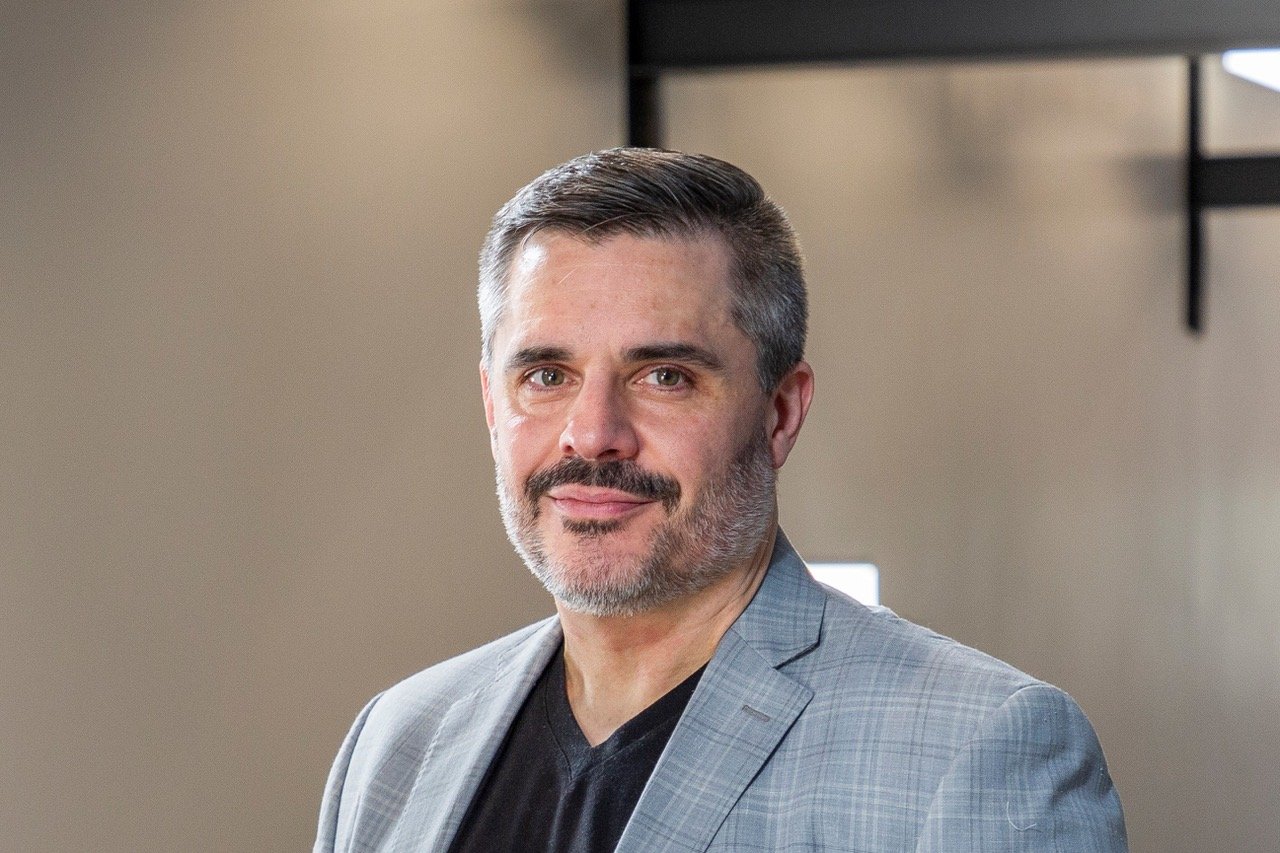Age. If we're lucky it’s coming for us all! But is it a blessing or a curse?
As our bodies age, so do our brains. Alongside declining eyesight and hearing, cognitive processes also change, both of which can make us feel vulnerable as we get older. While these are not new challenges, the fact that more of us are living longer means that more of us will experience them. How can we improve our quality of life in an ever changing, modern world? Join RCIScience for an exploration of age-related research in the areas of eyesight and cognitive function and what that is telling us about how to improve navigating the modern world as we get older.
Light and Older Eyes in Pandemic Times
Healthy cognitive aging depends on the quality of sensory input. In these days of self-isolation and COVID-19 concern, we may ignore changes to our vision or simply attribute them to getting old. Why is it important to make vision as effortless as possible? Which vision changes are true danger signs that require rapid medical attention? What changes can we make in our living space to optimize our vision? And why is light itself the best free drug available for good health in these difficult times?
Dr. Frances Wilkinson
Dr. Wilkinson is an Emeritus Professor in the Psychology department at York University, and an active member of YU-CARE, the York Centre for Vision Research, and VISTA (Vision: Science to Applications) at York. Over the course of her career, she has conducted research on many questions about vision and the brain across the entire human lifespan from early development to aging, and is also well known for her work on vision and migraine headache. More recently, her focus has turned to the interface between vision and lighting, and she is particularly interested in how recent advances in lighting technology (the LED revolution) could make the built environment more user-friendly for us as we age. Among her post-retirement activities, she has given a course on “Light and the Older Eye: Steps to Healthy Visual Aging” through Ryerson’s Life Institute.
Is This a Scam?
The proportion of the Canadian population over age 60 is not only expanding, it represents the wealthiest generation in history, occupies positions of societal influence and is increasingly online. All of these factors make this generation a prime target for financial fraud. The question of whether older adults are more susceptible to scams remains controversial. Explore efforts to identify exploitation risk, along with web-based tools and practical strategies to assist at-risk older adults avoid financial scams.
Dr. Gary Turner is an Associate Professor in the department of Psychology at York University in Toronto, Canada and registered Clinical Neuropsychologist in the Province of Ontario. His program of research investigates how age-related brain changes impact cognitive and real world functioning (including financial decision-making) both in normal aging and brain disease. A core objective of this work is to leverage neuroscience discoveries to guide the design of more effective interventions towards sustaining cognitive and brain health, ultimately helping older adults live healthier, longer. His work is funded by the Natural Science and Engineering Research Council of Canada, the Canadian Institutes of Health Research and the U.S. National Institutes of Health.
Reversing Age-Related Cognitive Decline with Neuroimaging, Neurostimulation, and Neurofeedback
Neuroscience techniques help us understand age-related changes in cognition and the brain. Recent advances in neurostimulation and neurofeedback technology now make it possible to not only observe, but manipulate the inner workings of the living human brain. See how these tools can help reverse age-related cognitive decline and enhance cognitive performance in older adults.
Dr. Dale Stevens
Dr. Stevens, Associate Professor in the Department of Psychology at York University, is the Director of the York MRI Facility and the Cognition & Aging Neuroscience and Neurointervention (CANN) Lab. He uses a combination of neuropsychological, neuroimaging, neurostimulation, and neurofeedback techniques to study large-scale brain systems and processes that underlie higher-level cognition in humans, how these are affected by healthy aging and neurodevelopmental disorders, and to develop neurointervention strategies to enhance cognitive performance.



